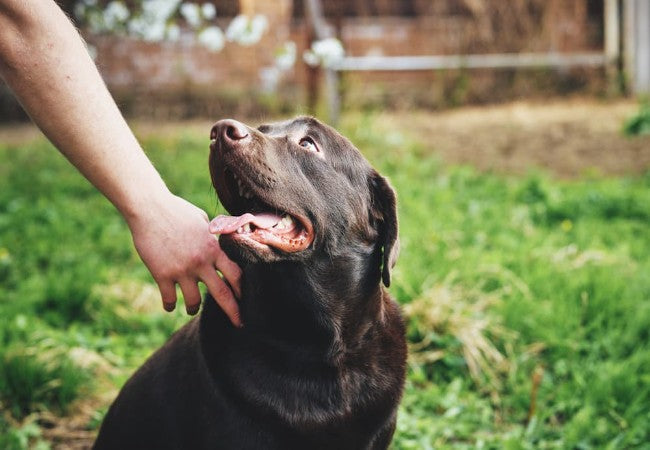Best Natural Senior Dog Foods 2025: Vet’s Guide to Whole-Food Nutrition🩺🐾

In this article
Best Natural Senior Dog Foods 2025: Vet’s Guide to Whole-Food Nutrition🩺🐾
By Dr. Duncan Houston BVSc
Hello—I’m Dr Duncan Houston BVSc, veterinarian and Ask A Vet founder. As dogs age, their nutritional needs become more specific: they require high-quality protein, joint-support nutrients, digestibility, and natural ingredients. Here’s your vet‑approved guide to top natural senior diets:
Why Choose Natural & Whole‑Food Senior Diets?
- High-digestibility proteins (chicken, turkey, fish) to preserve muscle mass.
- Omega‑3s (salmon oil, flaxseed) for anti-inflammatory joint and skin support.
- Joint-building glucosamine/chondroitin, often included in natural recipes.
- Whole grains/vegetables (brown rice, oats, sweet potato, peas) for gentle energy and fiber.
- No artificial preservatives or fillers—reducing risk of allergic or digestive issues.
👍 Top Natural Senior Dog Foods
Highlights: Biologically‑appropriate with 85% animal ingredients—free‑run poultry, wild fish, nutrient-dense organ meats. - Why it’s vet‑approved: Provides high protein with natural \(non-synthetic\) vitamins; supports aging muscles and joint health naturally. - From research: Orijen consistently ranks in top senior recipes for protein and minimal processing.
Highlights: Ethically sourced protein (deboned turkey or salmon), fresh fruits, and vegetables, with digestible grains. - Why it’s vet‑approved: Combines sustainable sourcing and full transparency—great for sensitive or conscientious pet owners.
Highlights: Chicken-first formula with whole grain brown rice, oats, and omega-3 rich ingredients. - Why it’s vet‑approved: Delivers balanced protein and fiber. Nutro’s Natural Choice line is trusted for natural integrity.
Highlights: Deboned chicken plus LifeSource Bits (antioxidant vitamins & minerals), no corn/wheat/soy. - Why it’s vet‑approved: Includes chelated minerals and joint-support supplements recommended by vets.
Highlights: Chicken, egg, oatmeal base fortified with glucosamine/chondroitin, probiotics, and antioxidants. - Why it’s vet‑approved: Excellent balance of joint support + digestive health; fits natural category with no by-products.
🌟 Feeding & Transition Guidelines
- Transition gradually over 7–10 days using 25% daily increments to avoid GI upset.
- Measure food by weight/body condition, not cup—older dogs need fewer calories per pound.
- Divide into two daily meals to aid digestion and energy; wetting kibble helps seniors with dental changes.
- Adjust feeding quantities every 2–3 months based on weight, activity, and coat condition.
🥕 Adding Natural Supplements & Treats
- Simple additions: cooked pumpkin, steamed green beans, blueberries for fiber & antioxidants.
- Joint support: salmon/krill oil and a vet-approved glucosamine supplement.
- Cognitive support: consider purées enriched with vitamin E or L‑carnitine per geriatric dietary needs.
🛠️ Ask A Vet Nutrition‑Care Tools
- Food tracker: Log when diet changed, meal amounts, weight.
- Body condition logs: Photos + scoring improve monitoring.
- Supplement reminders: Daily prompts for omega-3, joint support.
- Weight change alerts: Notifications if >5% gain/loss in a month.
- Treat budget settings: Keep treats ≤10 % of daily calories.
📌 Final Thoughts from a Vet
For senior dogs, natural diets rich in digestible protein, joint-support nutrients, and whole-food oils offer real health benefits. Choose reputable brands like Orijen, Open Farm, Nutro, Blue Buffalo, or Diamond Naturals—all vet-recommended. Pair food with healthy homemade veggie snacks, monitor body condition, and use Ask A Vet’s nutrition tools to ensure your aging companion thrives. 🐶❤️






